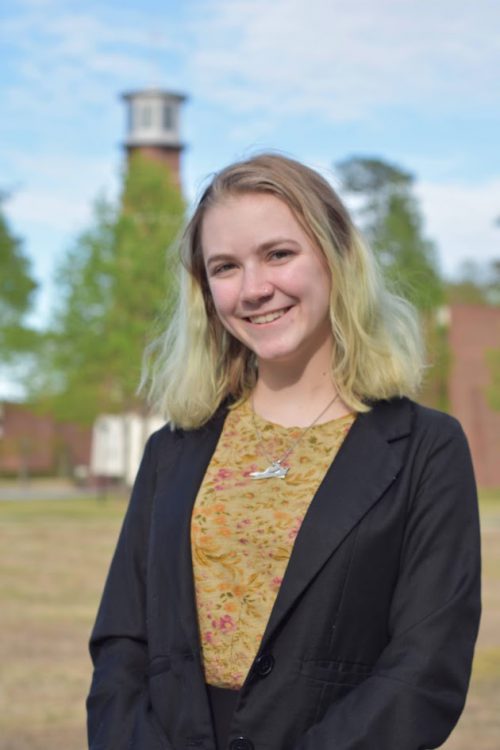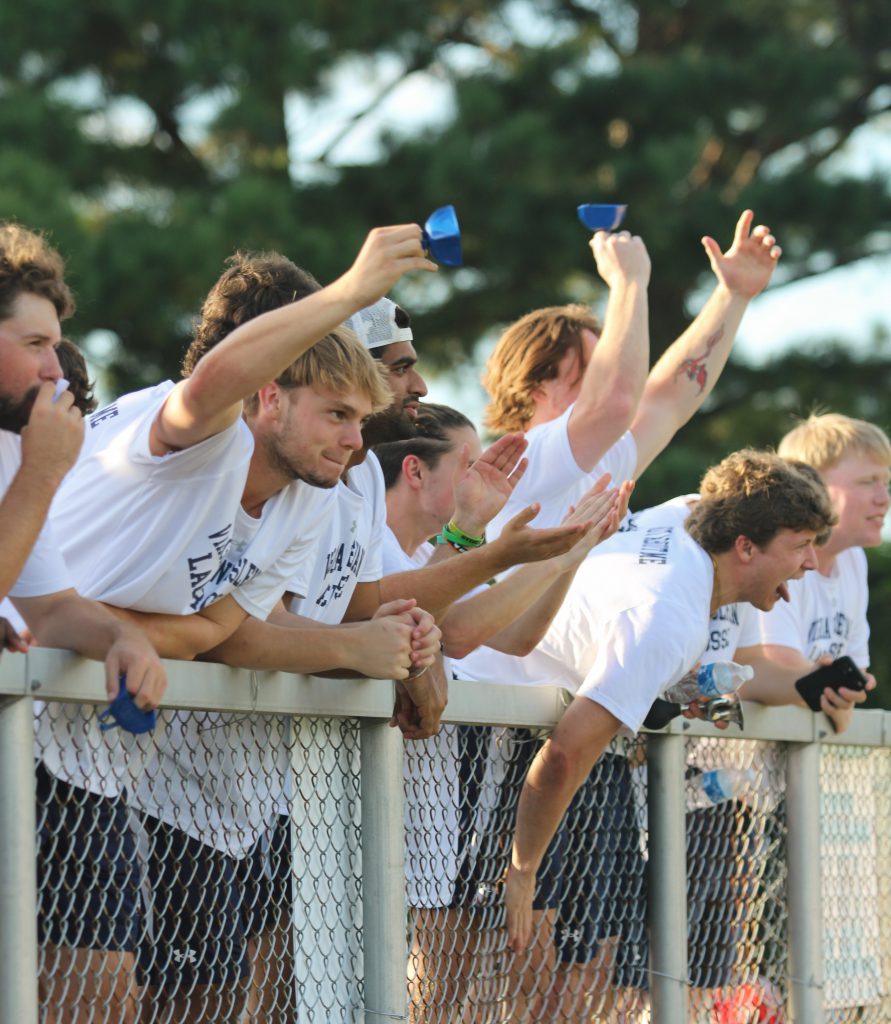Featured Image: Phoebe Cox | Courtesy
The majority of college and university curriculums require general education courses. At Virginia Wesleyan, 128 credits need to be taken by all students in order to be eligible for graduation, a third of which include general education requirements.
12 of those credits here at Virginia Wesleyan constitute the infamous Wesleyan seminars, those quintessential embodiments of what a liberal arts education is all about. The goal of such courses is to promote intellectual discourse and to enhance academic writing skills.
The three courses, WES 100, WES 200 and WES 300, build upon each other. The effort required increases as you go from one to the next, deepening the students’ capacity to articulate, express and discern varying perspectives and sources.
English, Art, History, Religious Studies and Philosophy represent the typical majors tasked with hosting the Wesleyan seminars. The pre-existing seminar style of many of those courses provides the structure for vibrant conversation and discussion amongst professors and their students, making them line up perfectly with the goals of the Wesleyan seminars.
The majority of WES 100 and 200 courses are offered as their own, separate and distinct classes. The only people taking the WES 100 and 200 courses are the ones who are fulfilling their general education breadth requirements.
However, in regard to the WES 300 courses, many of them are offered in conjunction with the associated major course. What this means is that an upper level History course, for example, can be listed on WebAdvisor twice: once as a 300 level History course and once as a WES 300.
As a result, professors in the History, Religious Studies and Philosophy departments are often required to teach the same 300 level course to a mixture of students who are there either for their general education requirements or for their major requirements. This means the professor has to navigate the complexities of educating a group of students that can be both familiar with the subject material and completely unfamiliar with it.
The professor then has to decide between teaching on par with a WES 300 course or on par with the major, rendering an outcome from one of two options: The WES 300 students will be confused and lost while the major students are challenged and engaged or the WES 300 students will understand and be involved while the major students are bored and unmotivated.
As a senior History major with minors in Religious Studies and Business, I have taken many courses combined with WES 300 and have been frustrated with the outcome that happens every time. Every one of those upper level courses I have taken, with the exception of my capstone History class, has been offered as a Wesleyan seminar.
In order to make sure that everyone understands and is able to participate, the professors have always had to teach at a general studies level, educating with the knowledge that not everyone has experience taking an upper level humanities or social science course.
Because of this though, I, as a History major, have felt unchallenged by the majority of my major’s coursework during my collegiate experience. It’s hard to find the motivation to do my readings for class when I know the discussions in class are only going to skim the topic’s surface level.
I do not blame the students for this. Being unfamiliar with science as a whole, if I had to take an upper level science class with a bunch of other STEM students that was taught as a class for STEM majors, I would be completely lost.
It wouldn’t make any sense to require me, as a non-STEM major, to be in that academic environment. And it wouldn’t make any sense to force the professor to lower the course’s challenge level for me or anyone else like me.
So why is that the case with humanities and social sciences classes? Why do history, Religious Studies and Philosophy professors have to teach at a general education level in their upper level courses? Why are History majors and Religious Studies minors like me forced into this outcome?
It is unfair for both the professor and the student, and I think it would be better if the WES 300 courses were offered as their own, separate and distinct courses, just like the WES 100 and 200 courses.
Phoebe Cox is a senior in the Batten Honors College, majoring in History, with minors in Religious Studies and Business. She can be reached at pecox@vwu.edu.
By: Phoebe Cox


